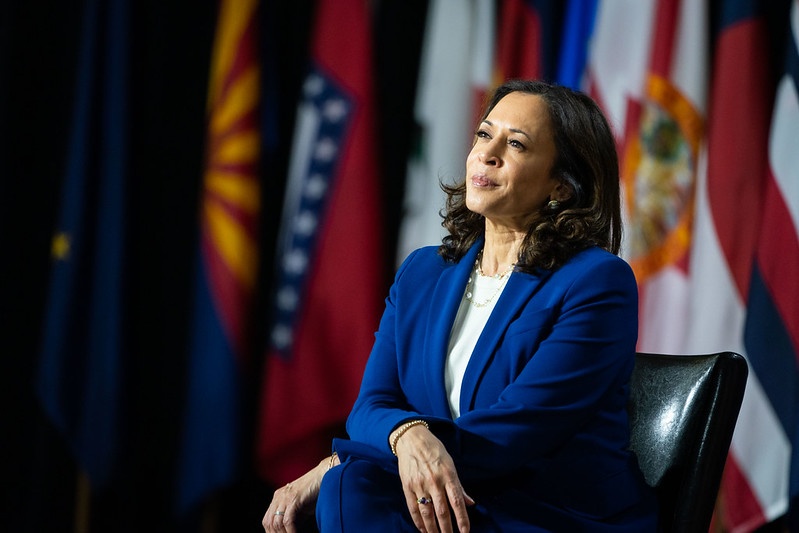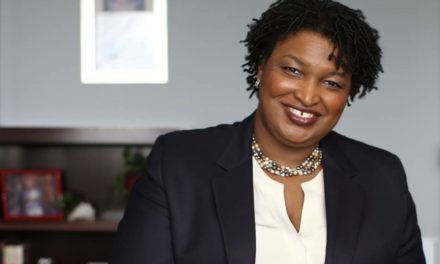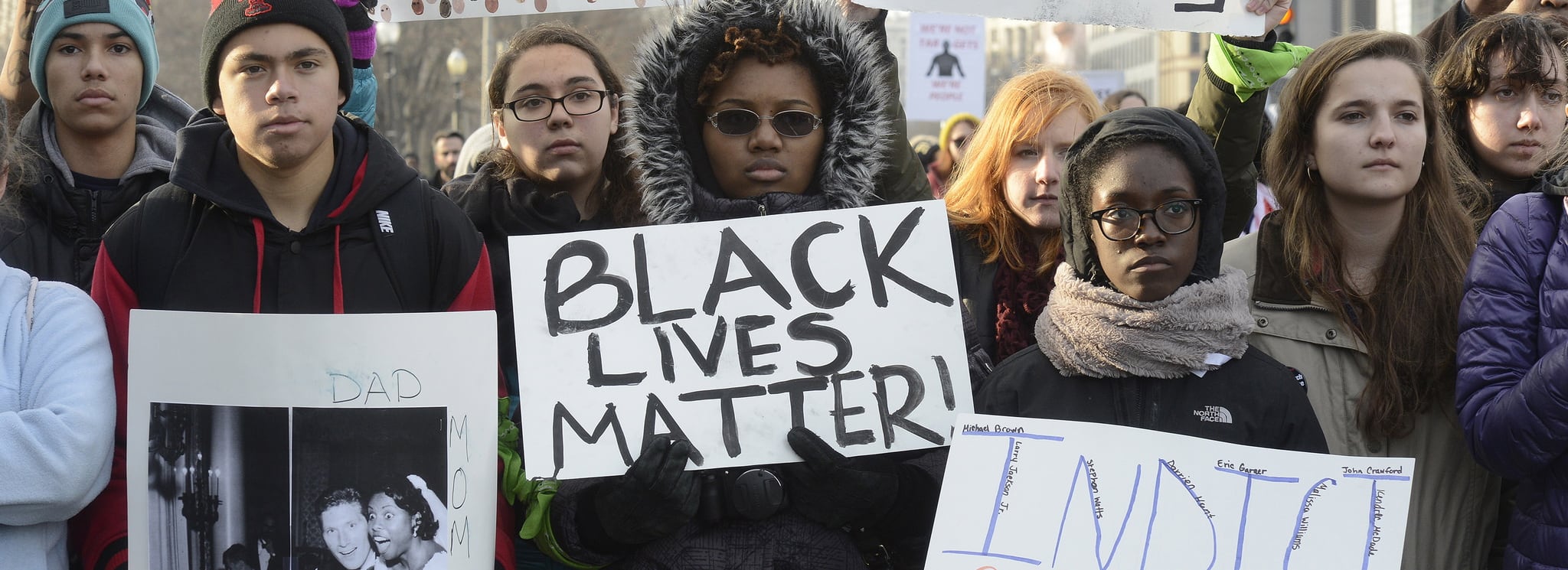Today is a day of firsts as Kamala Devi Harris becomes the highest-ranking female U.S. official in the country’s 244-year history, after Joe Biden was declared winner of the 2020 presidential election. Harris is also the first African-American woman to become vice president of the United States.
A post on Twitter, which included her only remarks so far about the victory, showed her calling President-elect Joe Biden and saying, “We did it. We did it, Joe!”
We did it, @JoeBiden. pic.twitter.com/oCgeylsjB4
— Kamala Harris (@KamalaHarris) November 7, 2020
The California Senator is no stranger to making history as she did when she became the first African-American woman, first Asian-American woman and first daughter of two immigrants to be a major party’s vice presidential nominee, when Biden announced her as his running mate in August 2020. She is the fourth woman to be on a major party ticket. Harris was born in Oakland, California, to an Indian-born mother and Jamaican-born father.
“Generations coming behind us have never seen anything like this,” said Amber Tucker, a recapitalization specialist with the U.S. Department of Housing and Urban Development. “It would be gratifying and go a long way towards boosting the morale of young black women and girls in the nation.”
Harris is also the first HBCU graduate to become a vice presidential candidate and now vice president. She has described four years at Howard University as among the most formative experiences of her life. During her time there, she became a member of Alpha Kappa Alpha Sorority Inc. and double-majored in political science and economics.
After earning a law degree at the University of California, she became the district attorney for San Francisco in 2003, before being elected the first woman and the first African American to serve as California’s attorney general, the top lawyer and law enforcement official in America’s most populous state. In 2017, she was elected to serve as the junior senator of California.
Like Harris, Tucker is also an AKA and a graduate of an HBCU, Winston-Salem State University.
“Since I became an AKA, it’s been such an integral part of my identity, and as a Black woman, it’s a win to see a Black woman on a national stage,” Tucker said. “Biden is the president, but as VP she will have a vital role in pushing things forward.”
JoVon McCalester, Ph.D., a political science professor at Howard, talked about the importance of Harris’ win to the African-American community and HBCU education.
“Now we have someone who is vice president who didn’t descend from this Ivy League education,” McCalester said. “She comes from a traditional HBCU.”
“Their victories are important to us because blackness is not relegated just to one experience in the United States; blackness is experienced in multiple ways and all of those ways are valid, important and a part of what blackness is.”
McCalester looks forward to the Biden administration using its power to create change and make tough but pivotal decisions on prominent issues.
“At this point, worrying about being ethically or morally superior is affecting the real, tangible, everyday lives of people,” she said. “If you believe that women’s bodies are their choices, then you do what it takes to solidify that. If that means adding seats to the Supreme Court, then you add seats.”
“I want for the administration to sit down and really consider the long-term effects of not actually engaging in policy that are beneficial to people.”
Alexis McCowan is a reporter for the Howard University News Service.








